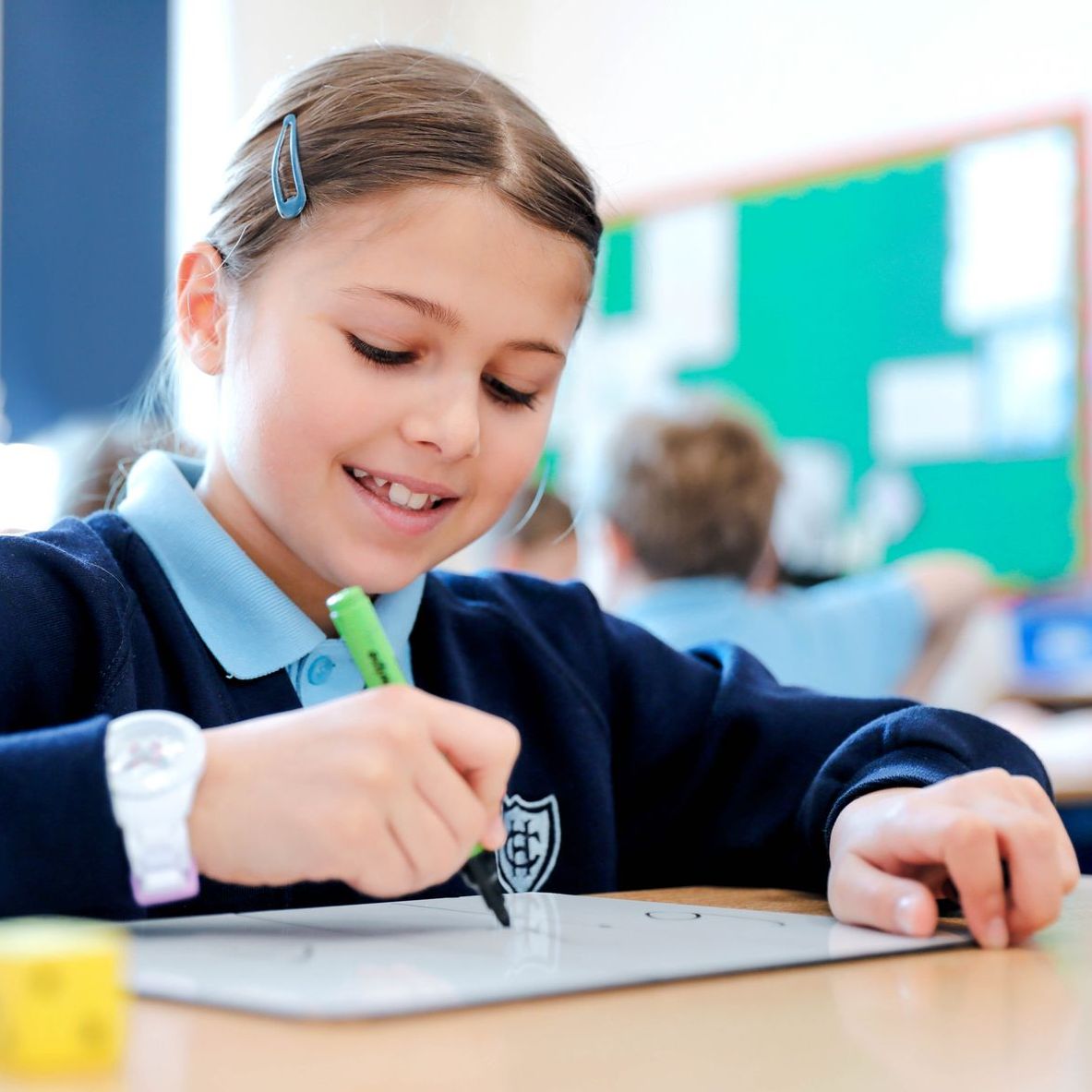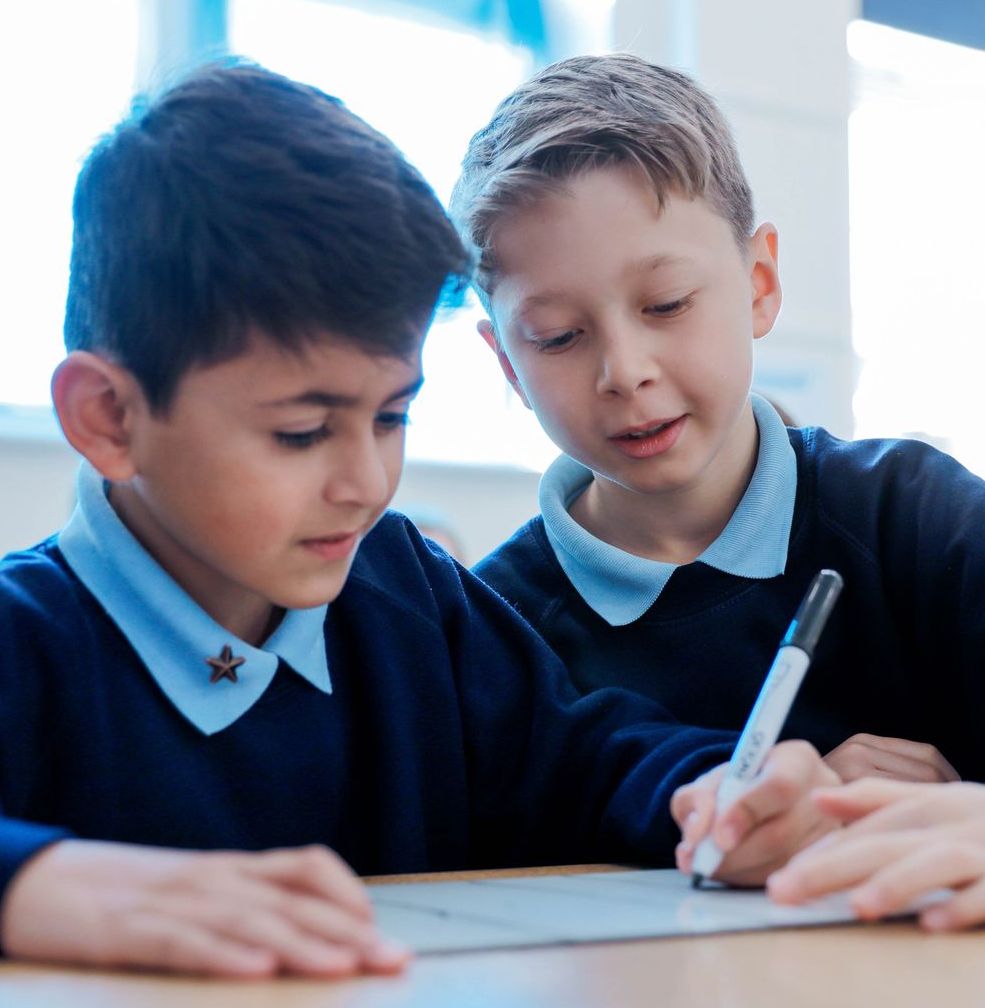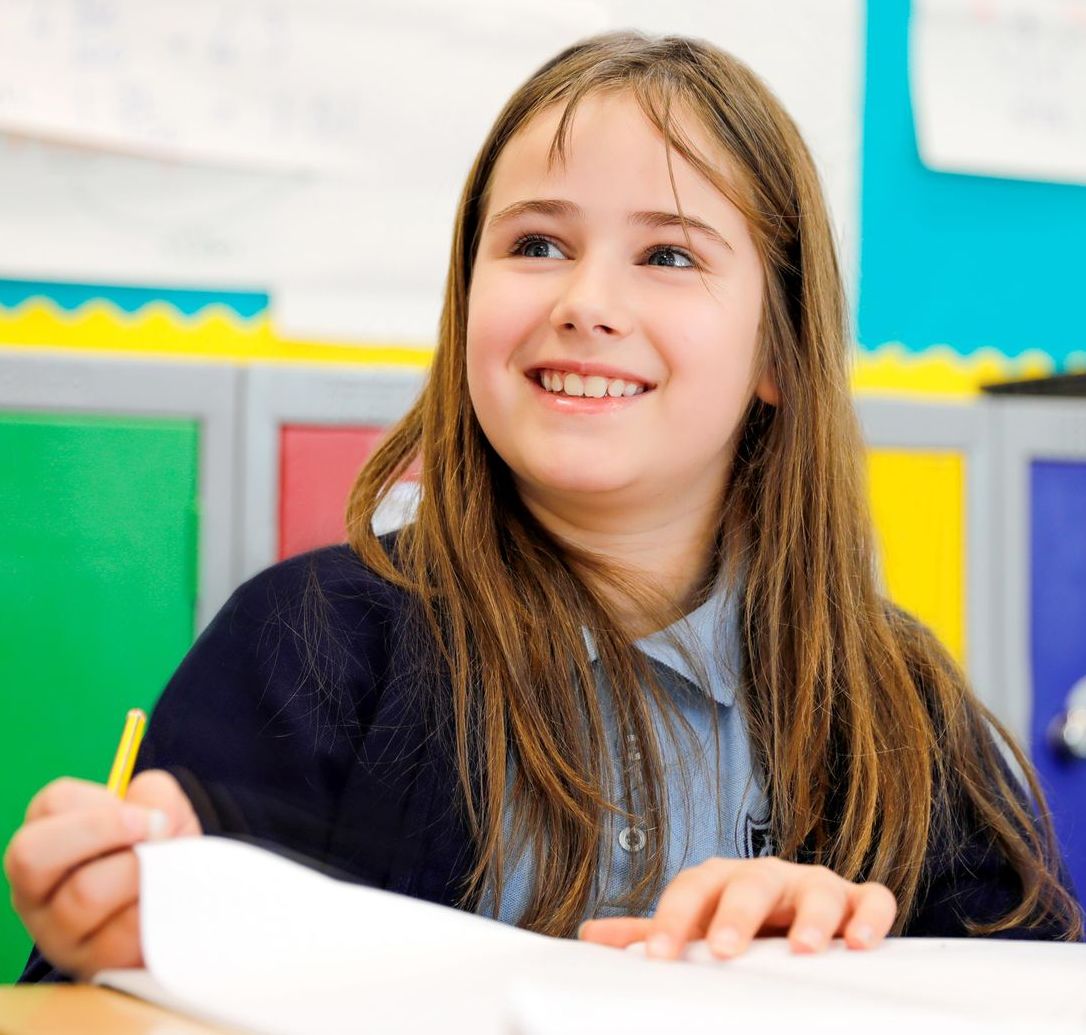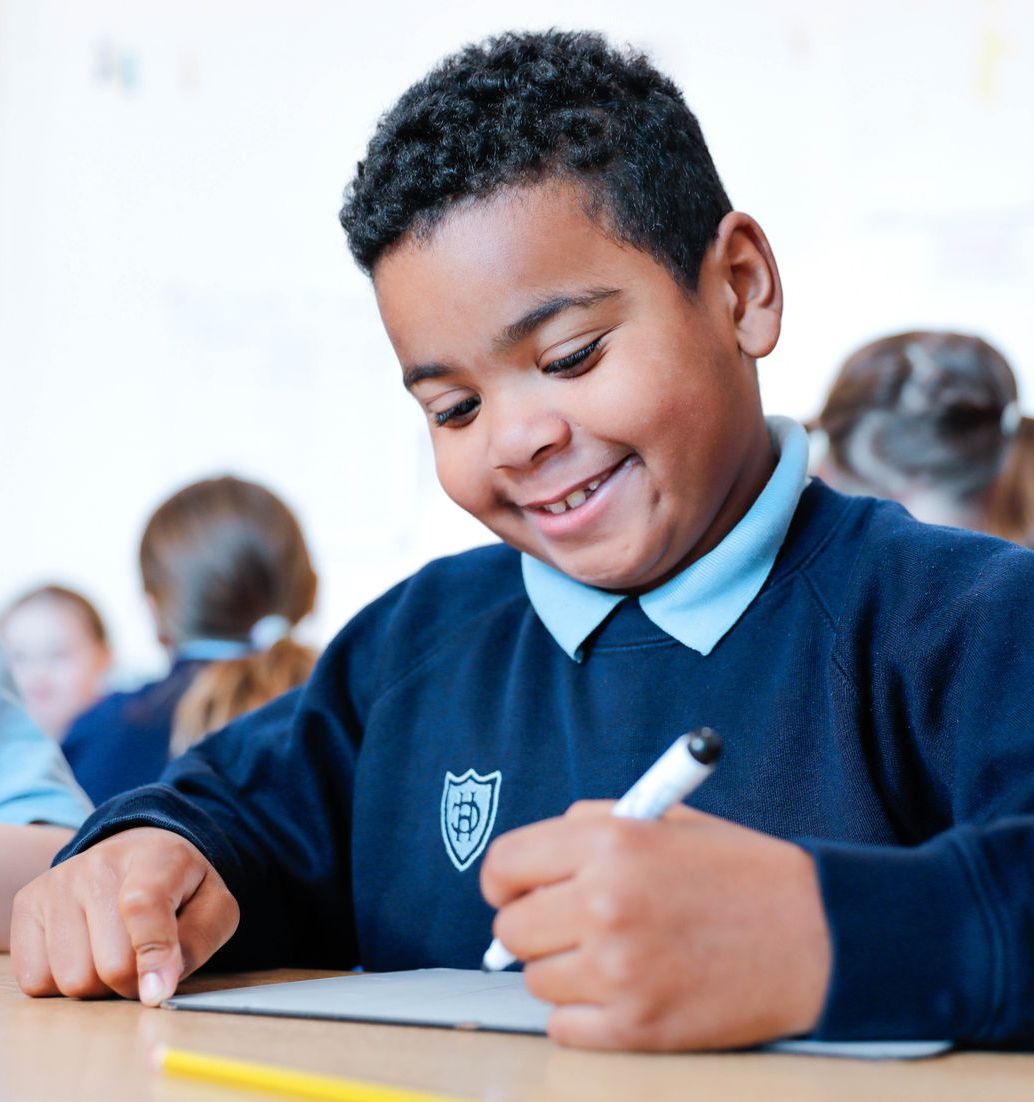Writing
Vision Statement
At Chalkwell Hall Junior School, we aim to develop children’s confidence in developing ideas and final written pieces across all genres.
Our Mission
We intend to achieve our vision by supporting children to develop and use high quality vocabulary, accurate spelling and grammar in their writing and to understand the different structures that writing takes. We aim for every child to leave us with the skills of an accomplished writer who:
• has fostered an enjoyment of writing through being immersed in a range of high quality texts across the
full genres
• who can understand how to create impactful writing for their chosen audience
• who has developed resilience and perseverance when planning, drafting and editing
• who has developed the skills to ensure that their writing is well presented, punctuated and spelt correctly
• who has the ability to write with fluency, stamina and an author’s voice
• who is able to structure and organise their writing to suit the chosen genre and include a variety of
sentence structures
Writing in Key Stage 2
Throughout their time at Chalkwell Hall Junior School, children develop their writing skills by exploring a range of genres. Children are given the opportunity to write for a specific purpose and gain an increasing understanding of the audience that they are writing for. We have incorporated many of the strategies advocated by Pie Corbett’s ‘Talk for Writing’, which allows children to immerse themselves in the chosen text, to imitate the style in shared writing and then to confidently use this knowledge to write independently.
Each unit of teaching, across a half term, starts with studying poetry to generate high quality language and descriptive writing skills. This is then taken into narrative writing where children are able to extend these skills within imaginative pieces for example: setting descriptions, character descriptions, short stories. Each teaching block culminates in the exploration of a high quality non-fiction text. The grammar, vocabulary and spelling structures, which we teach, are carefully linked to our national curriculum targets, as well being to match the specific genre.
Spelling and Grammar
Spelling is taught through investigation, rehearsal, and when appropriate with phonics, often as starters to the daily English sessions. Each week children are given spelling homework and are encouraged to use the look, write, cover, check strategy and explore spelling patterns within spelling families. Across the school, our teaching of grammar is supported by the ‘Headstart’ and ‘Natural Grammar’ materials.
Handwriting
We place high importance on presentation of work encouraging children to take pride in the work that they produce. We continue to teach the continuous cursive style used by Chalkwell Hall Infant School. We have high expectations of all our children to produce a neat and fluent handwriting style and children work towards achieving a handwriting pen.
Genre Coverage
LKS2
| Fiction- Narrative section | Non-fiction | Poetry |
|---|---|---|
| Adventure & Mystery Stories from other cultures Imagined worlds Novels and stories by a significant children’s authors Fables, myths and legends Older Literature Stories which follow the traditional story format (Opening, build-up, dilemma, resolution, ending) Non-fiction | Recounts Non-chronological reports Newspaper report Explanation Persuasive Letters Instructions | Poems to perform: Haiku, List Poems, Acrostic poetry, Kennings Shape poetry |
UKS2
| Fiction- Narrative section | Non-fiction | Poetry |
|---|---|---|
| Adventure and mystery Fantasy and Science Fiction Stories in historical settings Stories from other cultures Stories that raise issues and dilemmas Plays scripts Fables myths and legends Older literature | Instructions Recount Persuasive writing Explanation Non-chronological Letters Biography / autobiography Journalistic writing Argument Formal and impersonal writing | Poems to perform: Haiku, List Poems, Acrostic poetry, Kennings, Narrative Poems Shape poetry |
Writing Enrichment Activities
• National poetry day
• Writing competitions for example, ‘Young Writers’
• Creativity celebrated in our weekly celebration assemblies, through achievement assemblies
• Visiting writing workshops
• Cross curricular writing based on research and trips




